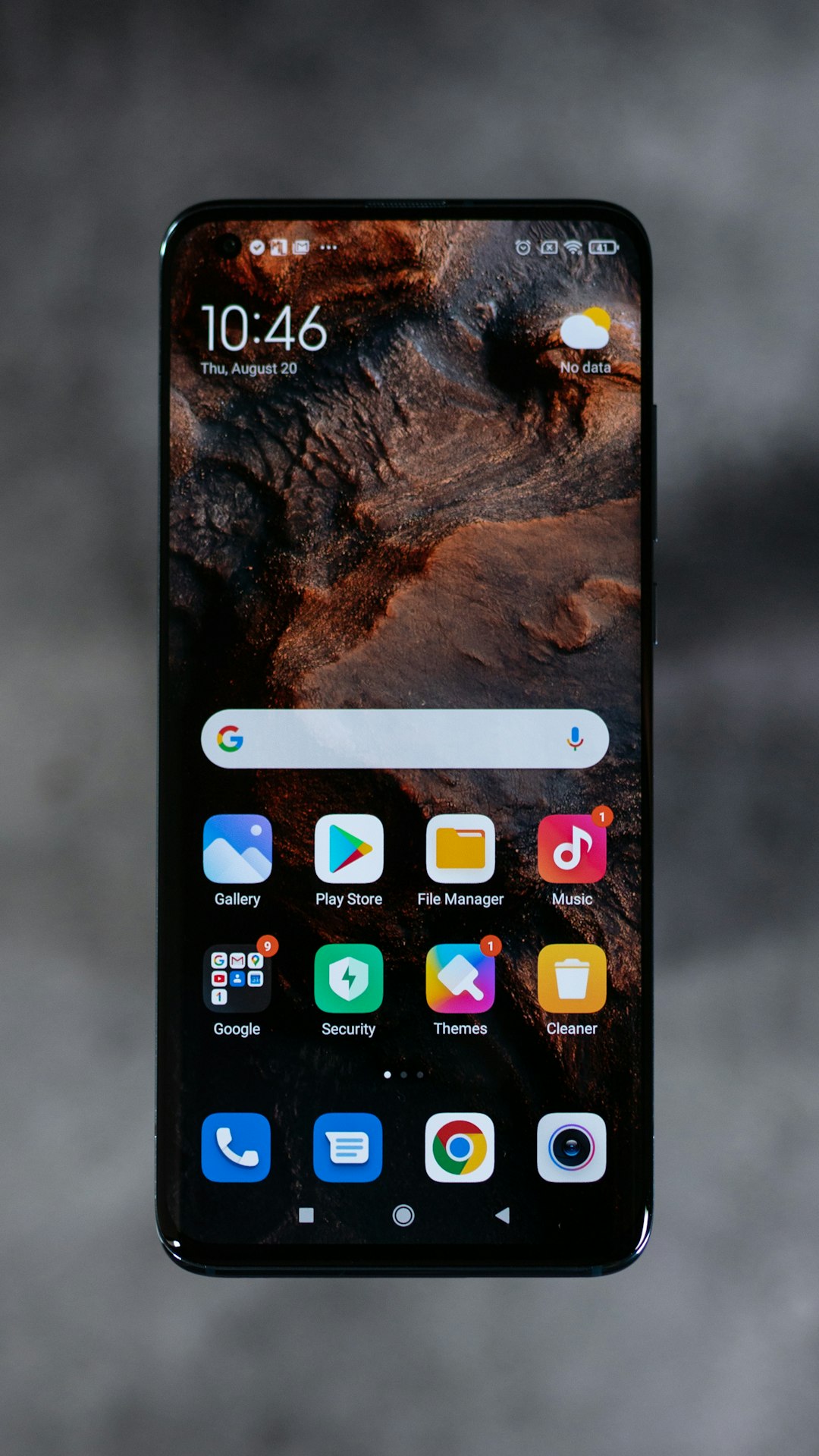In the digital age, robocalls are a common problem for Connecticut residents. Understanding state and federal laws like the TCPA is crucial for protecting your privacy from excessive or harassing calls. Residents can register on the National Do Not Call Registry, consult a Do Not Call Attorney Connecticut, use call-blocking features, and be cautious when sharing contact info to minimize robocalls. If rights are violated, connecting with such an attorney is vital for guidance on legal actions against telemarketing practices.
Connecticut residents are all too familiar with robocalls, but it’s essential to know your rights and protections against these unsolicited calls. In this guide, we explore Connecticut’s legal stance on robocalls and the options available to you. From understanding the Do Not Call Registry to knowing when to consult a Do Not Call attorney Connecticut, this article equips you with the knowledge to shield your phone from unwanted intrusions. Learn how to navigate these calls effectively and reclaim control of your communication.
Understanding Robocalls and Their Legal Status in Connecticut

In the digital age, robocalls have become a ubiquitous part of daily life for many Connecticut residents. These automated phone calls, often promoting products or services, can be frustrating and intrusive. While they may seem like an inevitable nuisance, understanding your rights and the legal landscape surrounding them is crucial. In Connecticut, robocalls are generally governed by state and federal laws designed to protect consumers from unsolicited calls, including those made by automatic dialing systems.
The Telephone Consumer Protection Act (TCPA) is a key piece of federal legislation that restricts how businesses can use automated phone technology to contact consumers. This law gives Connecticut residents the right to request that their telephone number be excluded from certain types of robocalls. Additionally, state laws in Connecticut further protect against unwanted calls, allowing individuals to take legal action if they feel their privacy has been violated. For those facing excessive or harassing robocalls, consulting with a Do Not Call attorney in Connecticut can provide guidance and enforce your rights effectively.
The Do Not Call Registry: How to Protect Yourself

Connecticut residents have a powerful tool in their arsenal against robocalls: the National Do Not Call Registry. This federal database allows individuals to opt-out of receiving automated marketing calls, including those from telemarketers and political organizations. By registering your phone number, you can significantly reduce the volume of unwanted calls you receive.
To protect yourself, follow these simple steps. First, visit the official Do Not Call Registry website or contact a local attorney specializing in consumer protection to register your landline, cell, or both. Once registered, it’s important to maintain your status by reviewing and updating your preferences regularly. Many do not call attorneys in Connecticut can assist you in navigating this process and ensuring your rights are protected against intrusive robocalls.
Legal Recourse for Violations: When to Contact a Lawyer

If your rights have been violated by a robocall in Connecticut, there are legal avenues to explore. Contacting a do not call attorney Connecticut is a crucial step when dealing with persistent or unwanted telemarketing calls. These attorneys specialize in navigating the complexities of consumer protection laws and can provide guidance on how to proceed.
In many cases, individuals have the right to seek damages for harassment, invasion of privacy, or deceptive practices. By reaching out to a legal professional, Connecticut residents can better understand their options for recourse, including filing a complaint with relevant authorities or taking legal action against the offending party.
Preventive Measures: Shielding Your Phone from Unwanted Calls

To protect yourself from unwanted robocalls, Connecticut residents can take proactive measures to shield their phones. One effective strategy is to register your number on the National Do Not Call Registry. This federal list restricts telemarketers from calling numbers listed on it, providing a significant layer of protection. Additionally, many phone service providers offer call-blocking features or apps that can filter out known spam calls.
Another crucial step is to be cautious when sharing your contact information. Avoid providing your number to unknown sources or unfamiliar websites. If you must give out your details, consider using a dedicated line for important communications and keeping your personal number private. Additionally, staying informed about current laws and regulations regarding robocalls, such as those enforced by the Connecticut Attorney General’s Office, can empower residents to take further preventive actions.






